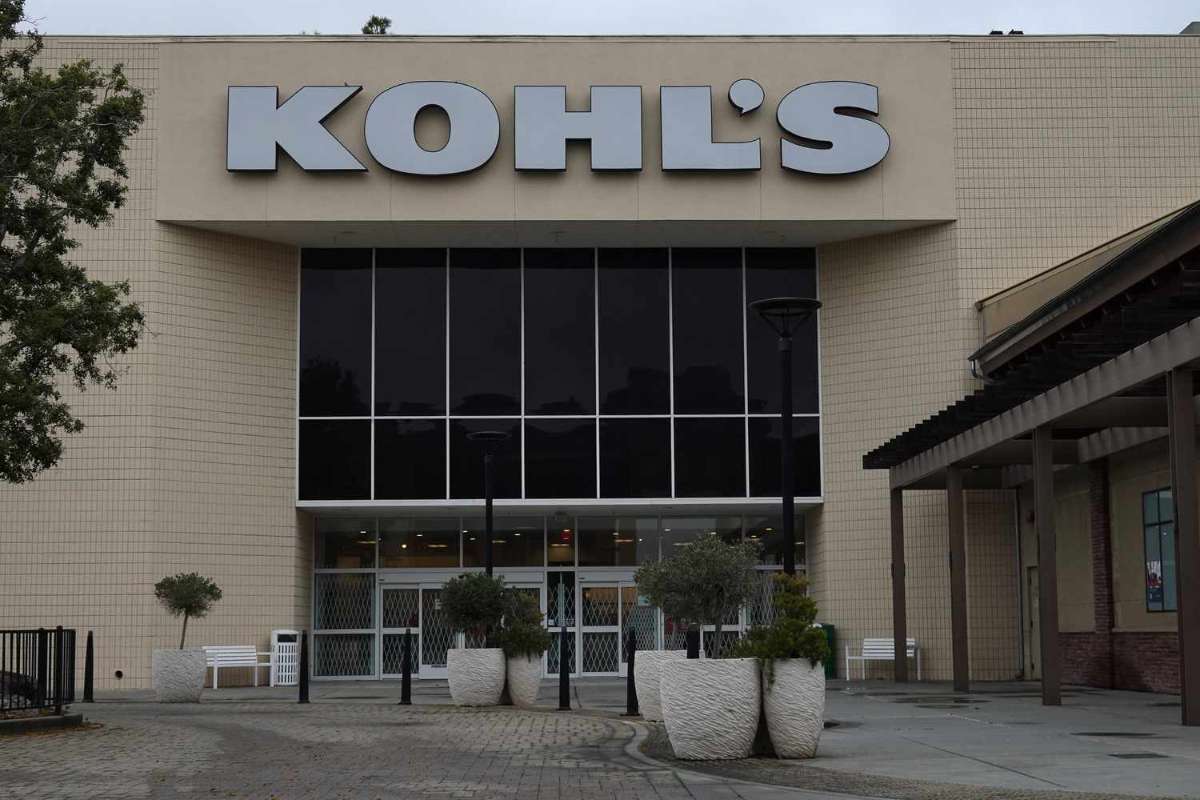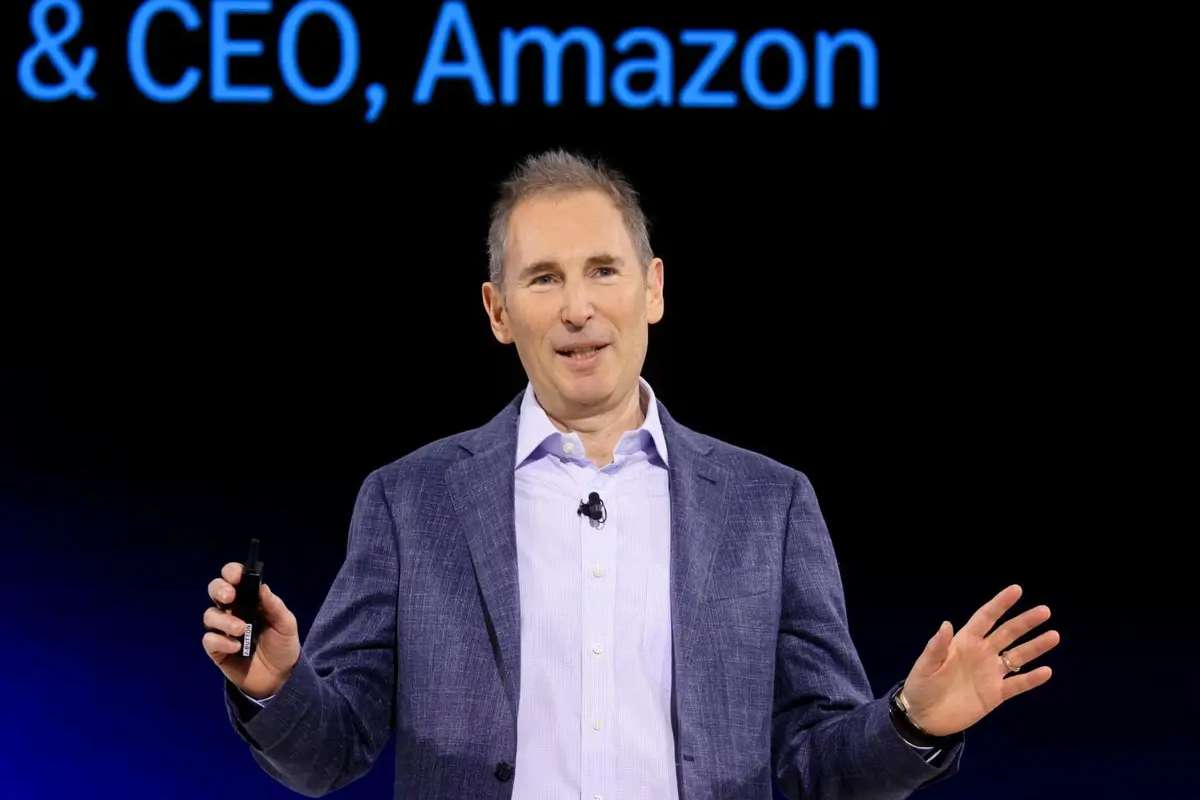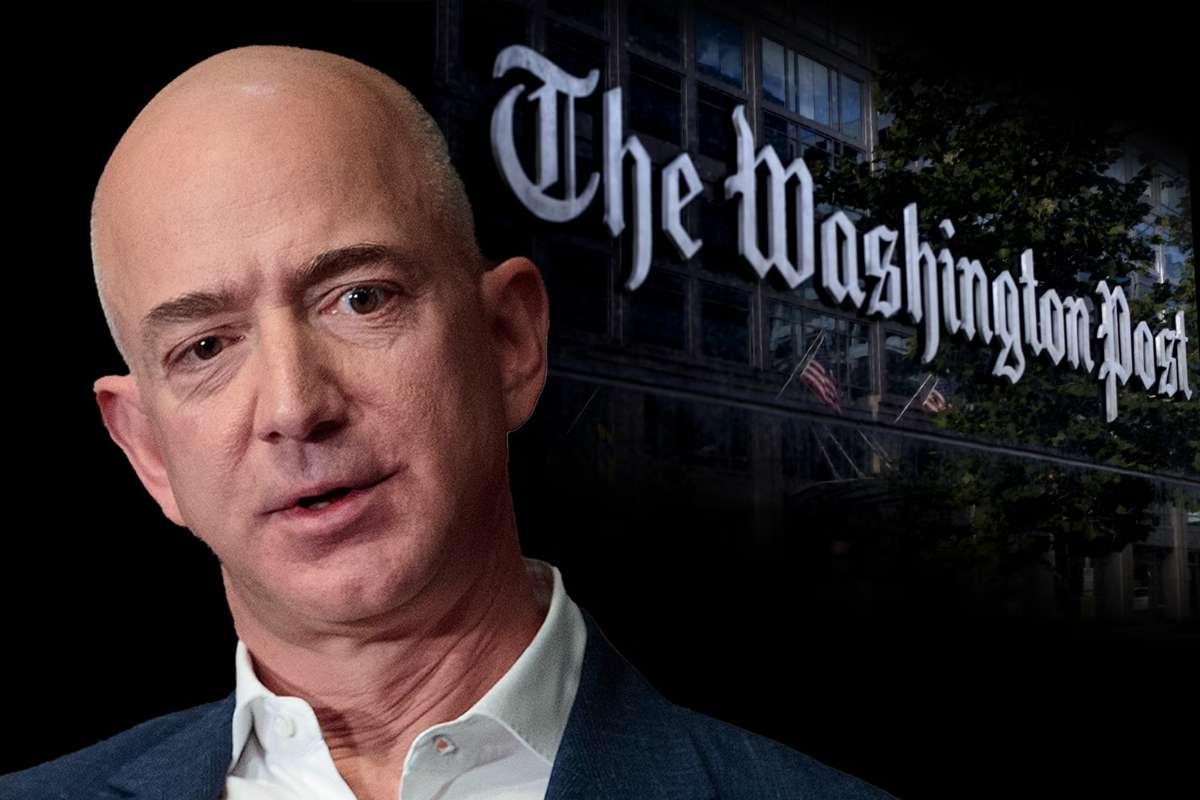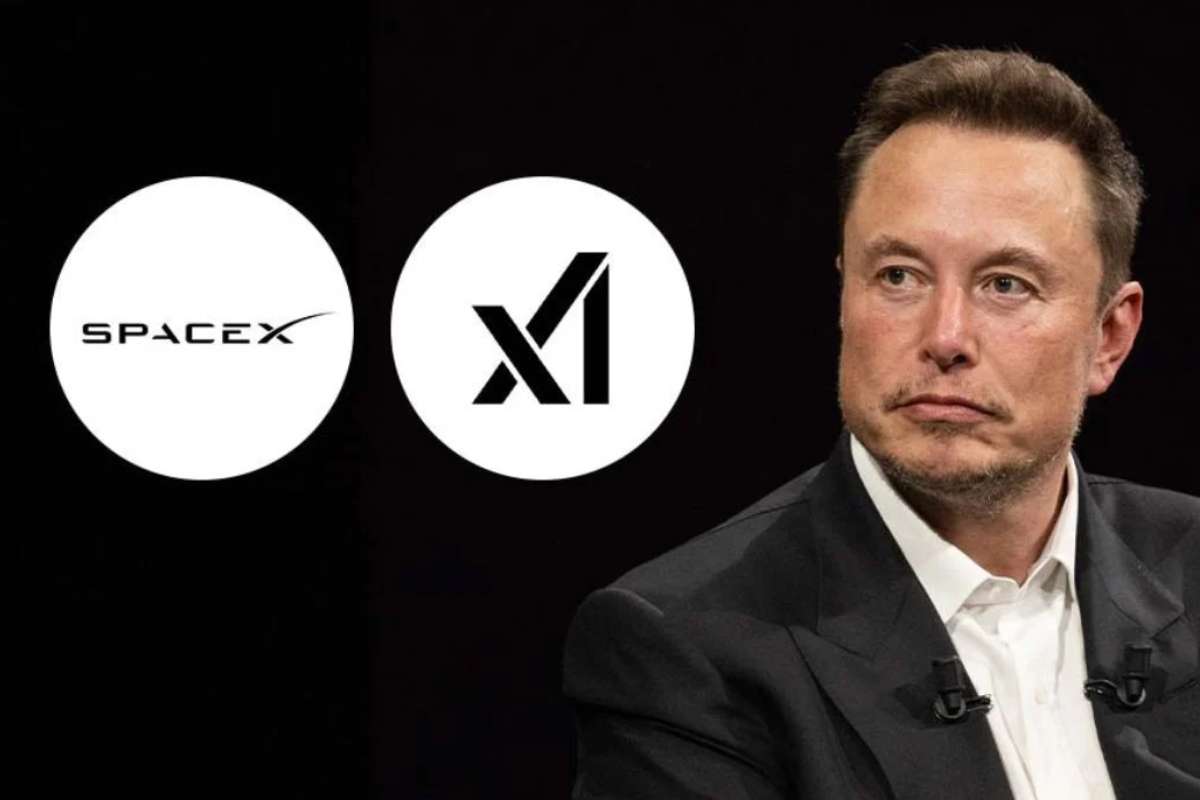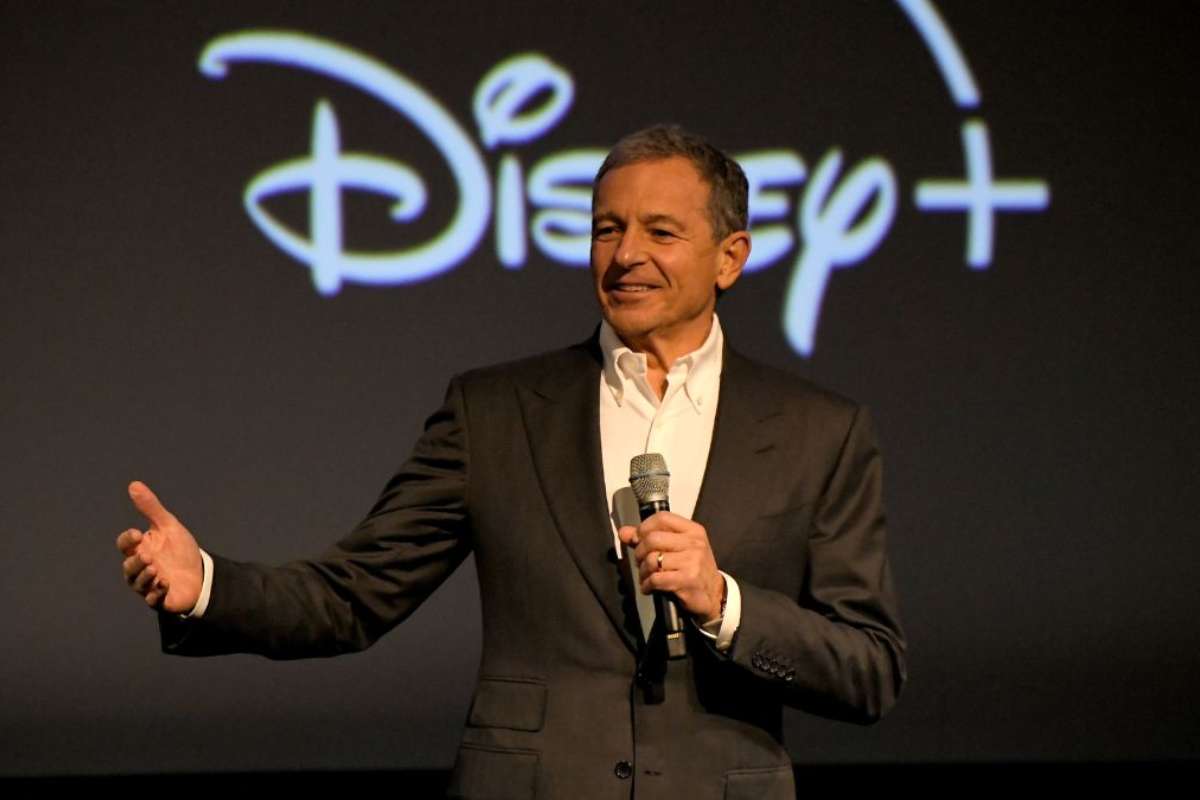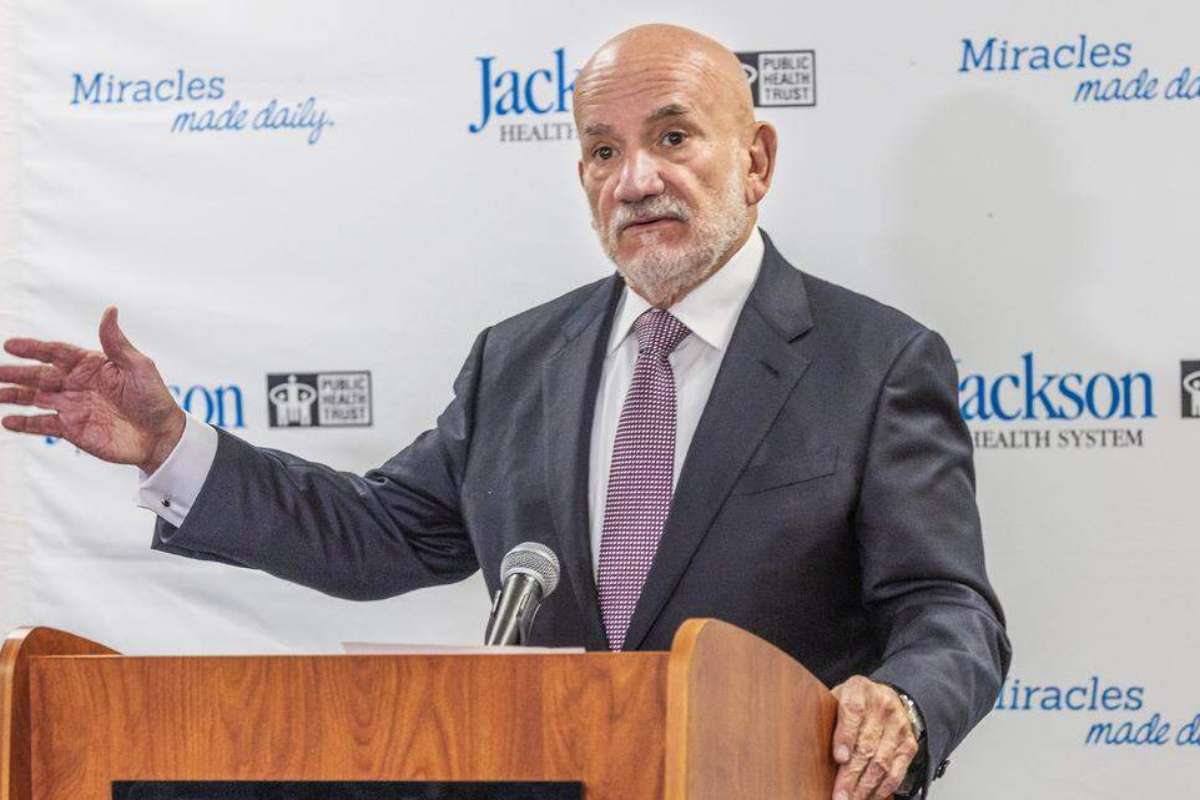Kohl’s Corp experienced a jaw-dropping surge on July 22, with shares opening up more than 100% to $21.23—triggering multiple trading halts—before settling at $14.48, still up nearly 40% by market close. The explosive rally marks Kohl’s as the latest target in a renewed wave of meme-stock speculation, echoing the GameStop and AMC frenzy of 2021.
Retail traders, empowered by social media buzz and seeking to ignite a short squeeze, flooded into Kohl’s stock. By midday, more than 183 million shares had traded—25 times the daily average—and options trading skyrocketed to over 360,000 contracts, most of them speculative call options expiring the same week. Kohl’s quickly began trending across platforms like Stocktwits and Reddit’s WallStreetBets, where users posted screenshots of outsized gains and rallied others to join the movement.
According to financial data provider Ortex, nearly 50% of Kohl’s available float was sold short, creating the ideal conditions for a squeeze—a textbook setup for meme-stock volatility.
Corporate Turmoil and Weak Fundamentals Persist
Despite the market enthusiasm, Kohl’s internal struggles paint a far less optimistic picture. The company has been grappling with sluggish sales growth, leadership instability, and an increasingly competitive retail environment. In May, the board ousted CEO Tom Kingsbury following nepotism allegations, leaving the company in a transitional leadership phase.
Analysts remain cautious. Most covering Kohl’s have “Hold” or “Underperform” ratings, citing its outdated business model and inability to adapt effectively to e-commerce trends. Additionally, the department store giant has faced rising operational costs and shrinking consumer demand, especially as inflation pressures shoppers toward discount retailers like Walmart and Amazon.
The rally, analysts argue, is less a reflection of investor confidence in Kohl’s future and more a manifestation of opportunistic trading behavior. “There’s no news, no catalyst. This is a speculative event driven by short interest and social media momentum,” said Quincy Krosby, Chief Global Strategist at LPL Financial.
Market Impact and Investor Caution Ahead
The resurgence of meme-stock dynamics in 2025—first seen with Opendoor Technologies and now Kohl’s—is reigniting debates around market manipulation, trading psychology, and the role of social media in financial markets. While the stock gained sharply, financial experts are warning of potential whiplash if sentiment reverses, which it often does in such high-volatility episodes.
“This is more of a coordinated gamble than a reflection of business value,” said one analyst on Bloomberg TV. The broader concern: inexperienced investors may be lured in by fast profits, only to be burned if the stock tumbles just as quickly.
Regulatory attention may follow if these speculative rallies continue across other high-short-interest stocks. Meanwhile, seasoned investors are urged to distinguish between hype and value. “This isn’t a turnaround story—it’s a trading story,” said Wedbush analyst Tom Nikic.
Kohl’s dramatic rise may signal the return of meme-stock mania, but the underlying fundamentals haven’t changed. With short interest driving speculative moves and social media acting as a megaphone, retail investors are once again testing the boundaries of market dynamics. As always in these moments of frenzy, the real question is: who gets out in time—and who gets left holding the bag?

